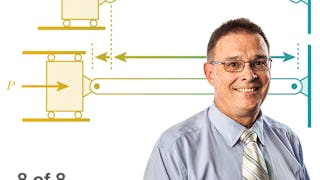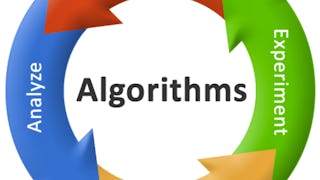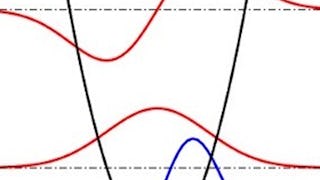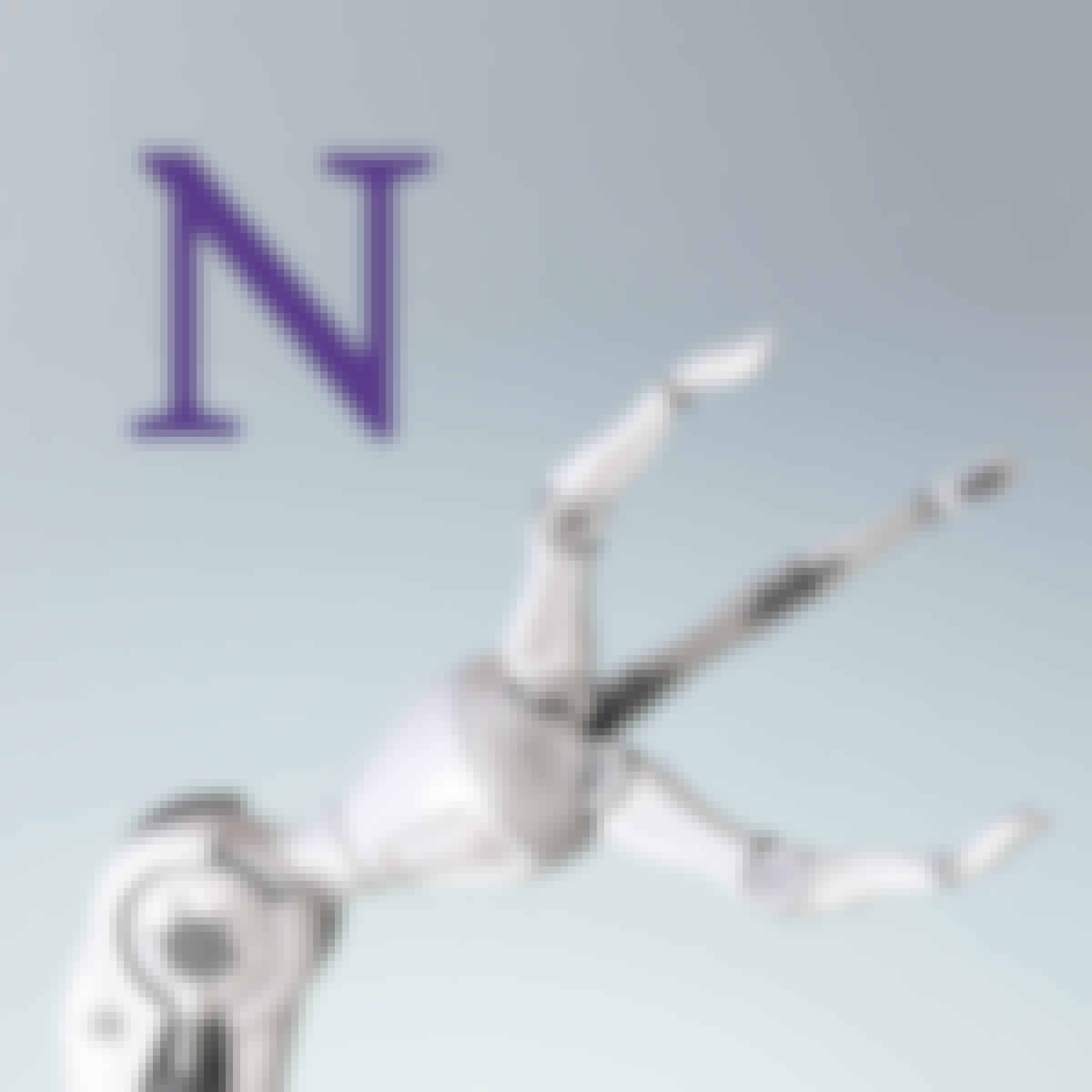Filter by
SubjectRequired
LanguageRequired
The language used throughout the course, in both instruction and assessments.
Learning ProductRequired
LevelRequired
DurationRequired
SkillsRequired
SubtitlesRequired
EducatorRequired
Explore the Classical Mechanics Course Catalog
 Status: New
Status: NewUniversity of California, Santa Cruz
Skills you'll gain: Go (Programming Language), C (Programming Language), Data Structures, Debugging, C++ (Programming Language), Object Oriented Programming (OOP), Computer Programming, Unit Testing, Algorithms, Command-Line Interface, Program Development, Computer Science, Software Testing, File Systems, Integration Testing, System Programming, File Management
 Status: Free
Status: FreeGeorgia Institute of Technology
Skills you'll gain:

Stanford University
Skills you'll gain: Data Structures, Graph Theory, Algorithms, Bioinformatics, Theoretical Computer Science, Computational Thinking, Network Analysis, Network Routing, Mathematical Theory & Analysis, Analysis, Probability, Design Strategies, Computer Science
 Status: Free
Status: FreeStanford University
Skills you'll gain: Physics, Timelines, Scientific Methods, Research, Experimentation, Mechanics, Mathematical Modeling

University of Colorado Boulder
Skills you'll gain: Linear Algebra, Physics, Applied Mathematics, Advanced Mathematics, Mathematical Modeling, Engineering Analysis, Differential Equations, Physical Science

Interactive Brokers
Skills you'll gain: Derivatives, Equities, Risk Analysis, Financial Trading, International Finance, Investments, Securities Trading, Financial Market, Risk Management, Financial Statement Analysis, Financial Analysis, Market Analysis, Analysis, Capital Markets, Investment Management, Tax, Balance Sheet, Financial Regulations, Business Metrics, Market Data
 Status: Free
Status: FreeYale University
Skills you'll gain: Global Positioning Systems, Wireless Networks, Physical Science, Technical Communication, General Science and Research, Engineering, Physics, Mechanical Engineering

Northwestern University
Skills you'll gain: Engineering, Mechanics, Mathematical Modeling, Simulation and Simulation Software, Engineering Analysis, Matlab, Applied Mathematics, Physics, System Configuration, Angular

University of California San Diego
Skills you'll gain: Graph Theory, Logical Reasoning, Cryptographic Protocols, Combinatorics, Computational Logic, Deductive Reasoning, Cryptography, Probability, Computational Thinking, Encryption, Probability Distribution, Mathematical Theory & Analysis, Network Analysis, Public Key Cryptography Standards (PKCS), Algorithms, Theoretical Computer Science, Bayesian Statistics, Python Programming, Data Structures, Cybersecurity

University of Michigan
Skills you'll gain: Finite Element Methods, Engineering Analysis, Numerical Analysis, Mathematical Modeling, Advanced Mathematics, C++ (Programming Language), Object Oriented Programming (OOP)
 Status: Free
Status: FreeStanford University
Skills you'll gain: Mathematical Theory & Analysis, Mathematics and Mathematical Modeling, Calculus, Deductive Reasoning, General Mathematics, Logical Reasoning
 Status: Free
Status: FreeGeorgia Institute of Technology
Skills you'll gain: Structural Engineering, Structural Analysis, Mechanical Engineering, Engineering Analysis, Mechanical Design, Torque (Physics), Engineering, Engineering Design Process, Engineering Calculations, Mechanics
In summary, here are 10 of our most popular classical mechanics courses
- C and Go: Classical and Modern Programming: University of California, Santa Cruz
- Mechanics of Materials IV: Deflections, Buckling, Combined Loading & Failure Theories: Georgia Institute of Technology
- Algorithms: Stanford University
- Understanding Einstein: The Special Theory of Relativity: Stanford University
- Foundations of Quantum Mechanics: University of Colorado Boulder
- Practical Guide to Trading: Interactive Brokers
- Rocket Science for Everyone: Yale University
- Modern Robotics, Course 1: Foundations of Robot Motion: Northwestern University
- Introduction to Discrete Mathematics for Computer Science: University of California San Diego
- The Finite Element Method for Problems in Physics: University of Michigan










